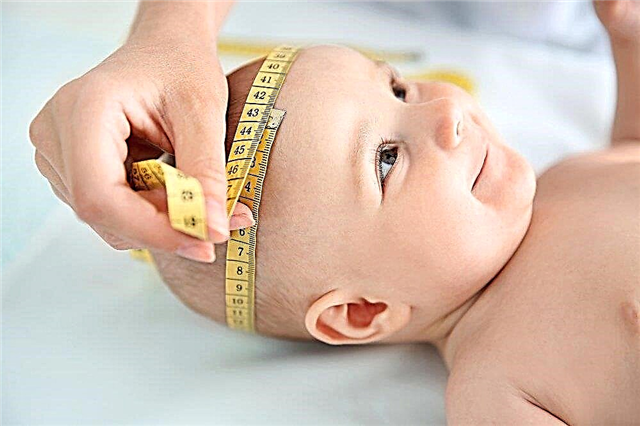In the modern world, it is difficult to imagine even the smallest children without a TV, video films and a computer. Television has expanded its audience so much that cartoons marked "0+", recommended for babies, have already appeared. According to the creators, such programs contribute to the development of babies. Are educational programs useful for children? Can they replace communication with mom?

Programs and cartoons for young children are becoming more and more popular. These are the famous Teletubbies, the heroes of Sesame Street, and numerous domestic television programs. How often do parents of young children hear from blue screens: "Watch this program so your child grows smart" or "Buy this cartoon that develops the baby's brain." Many adults happily leave their children alone with the TV while they are busy with household chores. Imagine that 40 percent of 3-month-olds watch cartoons, and preschoolers spend more than three hours a day on them!
No scientific study has proven the benefit of young children watching educational television and video. However, everyone knows that sitting in front of a screen for a long time can harm a growing body.
The consequences of watching TV for young children
- The first two years are a critical time for brain development. Watching TV prevents your kid from exploring, interacting with the world around him, playing with you and other people, and actively learning about the world around him by manipulating objects. These seemingly simple actions help your child develop the skills necessary for intellectual, social and emotional growth.
- Age from birth to age two is also a critical period for language acquisition. Speech develops only through interaction with other people, and not through passive listening to TV. If you don't respond to your child's attempts to communicate, your toddler may skip this important step. In addition, the infant will not learn to speak by listening to the babble of TV characters. Remember, it is important for him to imitate adults, from whom he learns simplified but correct speech.
- Note that when your child smiles at the TV, the TV cannot smile back. This can negatively affect social and psychological development.
- Children who watch cartoons rather than interact with their parents have problems getting into school. After all, there you need to listen to the teacher, not look at him!
- Experts say that babies who actively watch any television programs, even developing ones, by school age have problems concentrating.
- Many TV shows and cartoons aimed at kids don't always teach them the right things. They distort reality with their cartoonish and unnatural portrayal of reality. And the real world, as the child will soon find out, is much more boring and less colorful.
- By the way, in 2008, the Supreme Council of Audiovisual Media of France banned French channels from broadcasting programs intended for children under three years old. The reason is that "watching TV harms the development of toddlers by causing passivity, delayed language acquisition, trouble falling asleep and focusing, and TV addiction." A good enough reason to think about it, isn't it?
How to replace television programs?
- Early childhood development specialists and doctors are convinced that children under two years of age should not watch TV at all. This also applies to videos and computers (We read: 10 signs of children's addiction to computer games and the Internet: harm from the computer).
- If you need to do household chores or do a little work, do not seek help from developmental programs. Wait for your baby to fall asleep, or let him play next to you. Ask your grandmother to sit with your child, because he longs for human communication, not cartoons.
- Communicate with your child as often as possible. Respond to his smiles, as yet incomprehensible words and awkward actions. Entertain him, read nursery rhymes and poems for the little ones, sing along with him. No educational television show can compare with mother's affection and love. Your voice, touch, smell, reaction to his steps - this is what he needs to grow up smart and capable. Don't let your child be passive (We read: 12 tips for raising a smart child).
- Don't assume that watching educational cartoons will have a huge positive effect on intellectual development. In the best case, such programs will help you take a break to raise your baby with renewed vigor.
- If you do decide to introduce your child to cartoons and TV shows, make them as useful as possible. When watching, talk to your child, hum funny songs and read wonderful nursery rhymes.
Sometimes parents don't have enough time to spend with their baby. And then TV and educational cartoons come to the rescue. Only can they replace live communication, reading books, modeling from plasticine and, most importantly, your love?



